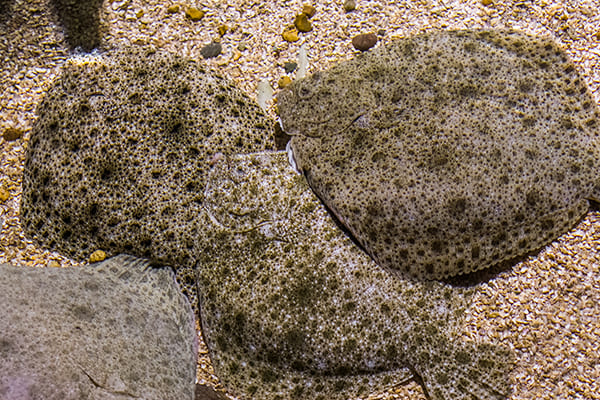Changes in the Immune Phenotype and Gene Expression Profile Driven by a Novel Tuberculosis Nanovaccine: Short and Long-Term Post-immunization
Frontiers in Immunology
Genomic analysis of a second rainbow trout line (Arlee) leads to an extended description of the IGH VDJ gene repertoire
Developmental & Comparative Immunology
This study developed by Dr Susana Magadán in collaboration with researchers from France and EEUU, confirms the validity of salmonid IGHV subgroups, and extended the description of the rainbow trout IGH gene repertoire with novel sequences, while keeping nomenclature continuity. This work provides an important resource for annotation of high-throughput Ab repertoire sequencing data.
PAMAM dendrimers functionalised with an anti-TNF α antibody and chondroitin sulphate for treatment of rheumatoid arthritis
Materials Science and Engineering: C
Two members from the Immunology Group, Dr Rosana Simón and Prof África González, have contributed to this recent paper published in collaboration with the the 3B’s Research Group (University of Minho).
Rheumatoid arthritis is a chronic autoimmune disease characterised by joint synovial inflammation, along with cartilage and bone tissue destruction. Dendrimers can offer new opportunities as drug delivery systems of molecules of interest. Herein the study aimed to develop poly(amidoamine) dendrimers (PAMAM), functionalised with chondroitin sulphate (CS), lined with anti-TNF α antibodies (Abs) to provide anti-inflammatory properties.






